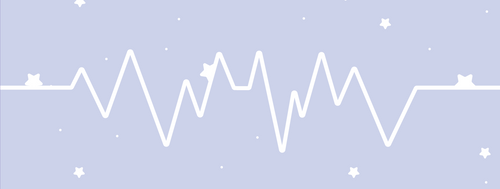
How Long Does Melatonin Stay In Your System?
When you take melatonin, it makes sense to be concerned with how long it takes for it to work. But after you’ve fallen asleep, how does your body deal with the melatonin in your system? Does it affect how much melatonin you should take?
Posted by Ascent Labs on

Taking Melatonin Safely
Posted by Ascent Labs on

How Melatonin Affects Blood Pressure
Posted by Ascent Labs on

Why Does Melatonin Give Me A Headache?
Posted by Ascent Labs on

Top 5 Best Alternative Sleep Aids
Posted by Ascent Labs on

Should You Mix Alcohol and Melatonin?
Posted by Ascent Labs on

Is Melatonin Bad For Your Liver?
Posted by Ascent Labs on